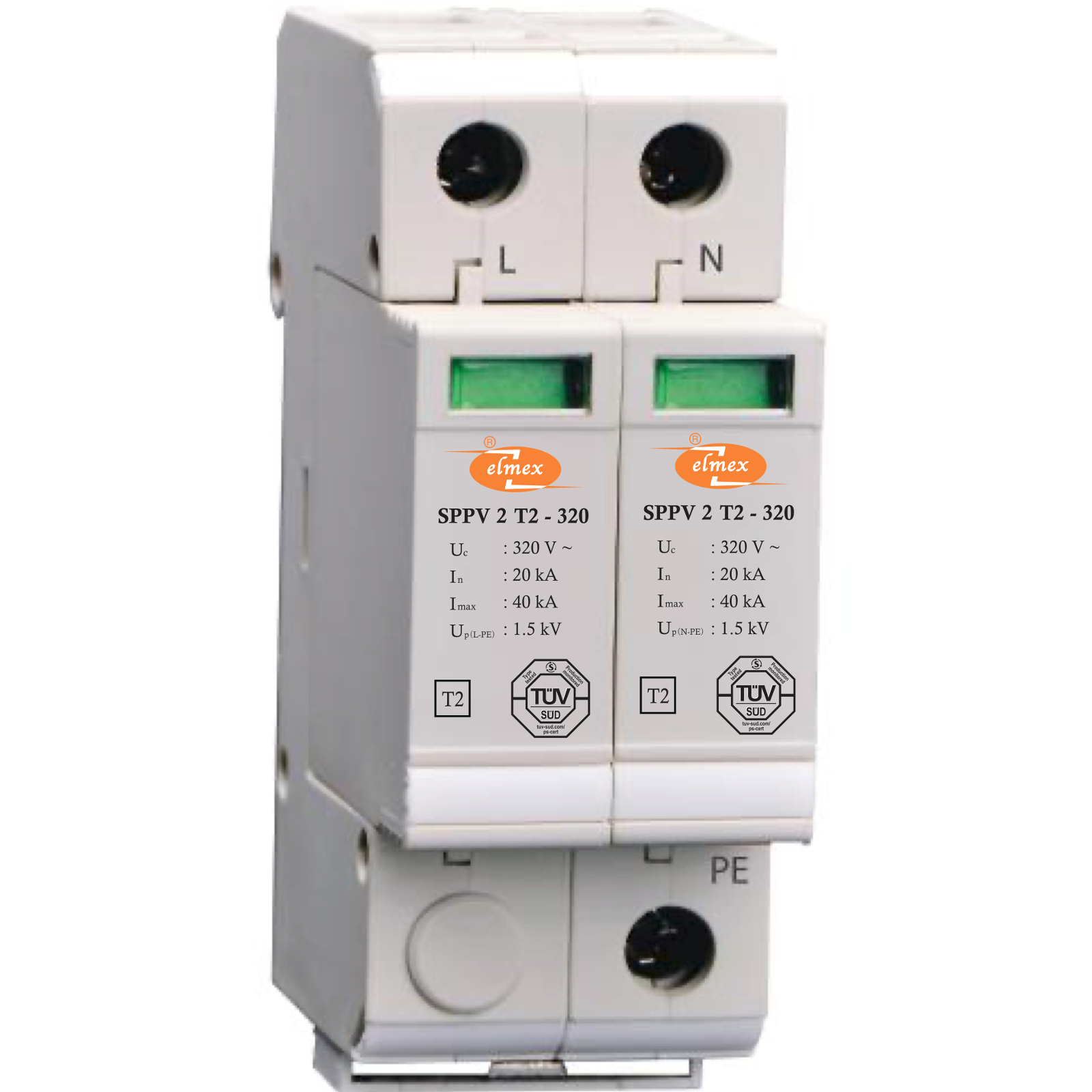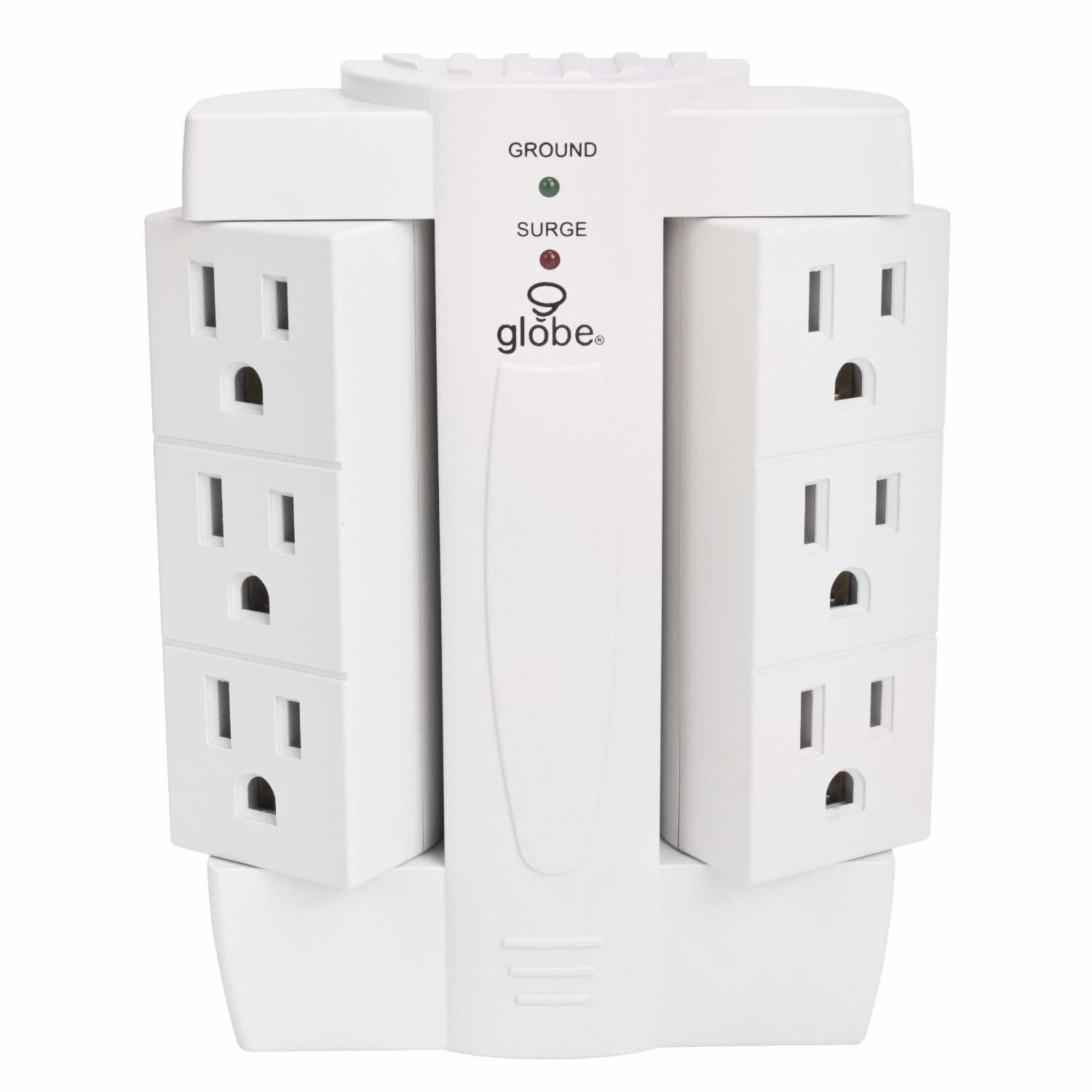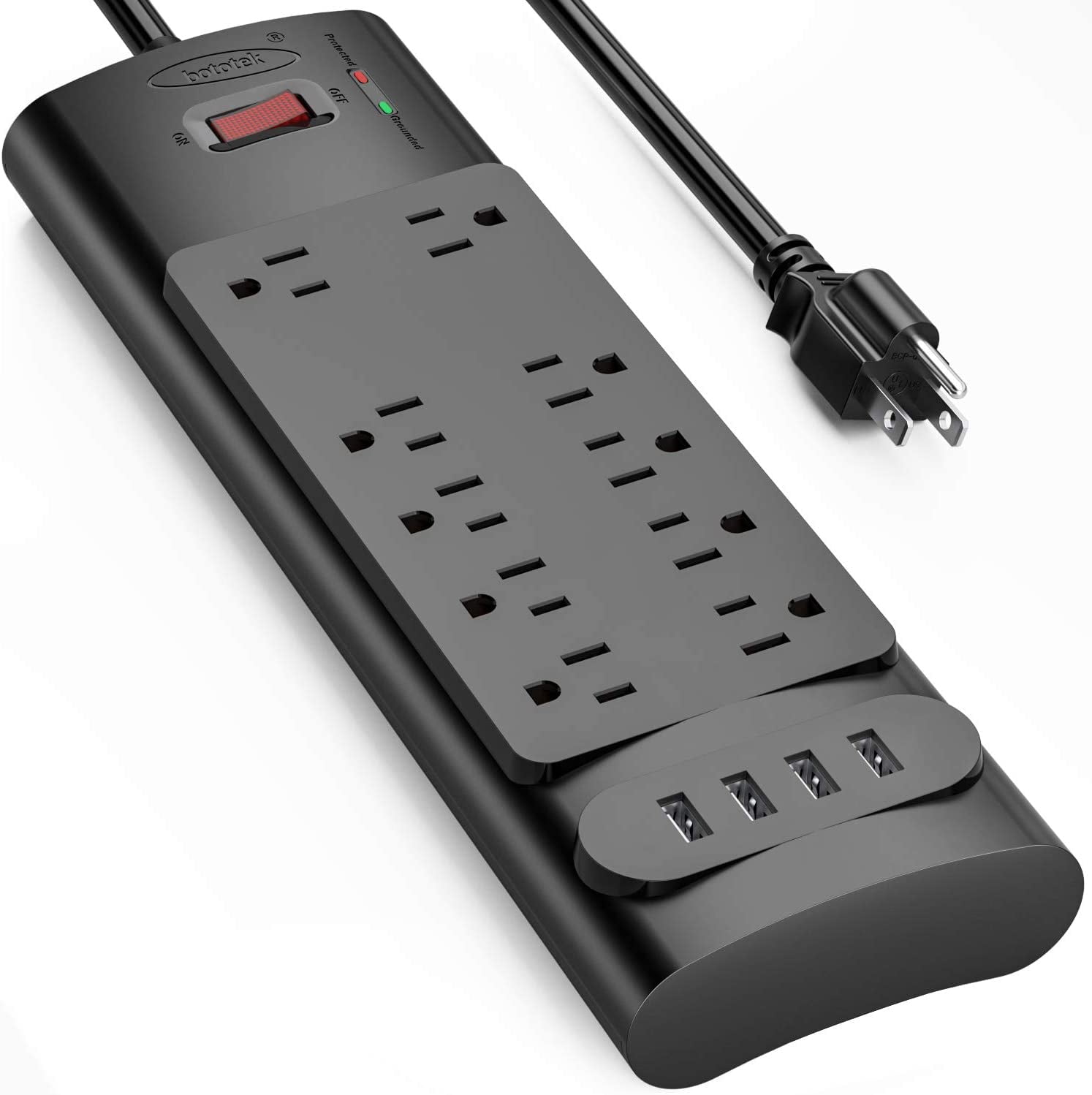Imagine coming home on a sweltering summer day, only to find your AC unit has mysteriously stopped working. The culprit? An electrical spike or power outage. Don’t let this happen to you! Read on to discover how a surge protector can save your AC unit from these common household hazards.
Electrical Spikes and Power Outages: The Silent AC Killers
Electrical spikes and power outages are more common than you think. They can occur due to lightning strikes, downed power lines, or even faulty wiring in your home. When these surges hit your AC unit, they can damage the delicate electronic components, leading to costly repairs or even complete failure.
Surge Protectors: Your AC Unit’s Guardian Angel
A surge protector is an essential safety device that acts as a buffer between your AC unit and electrical fluctuations. It diverts excess voltage away from your AC unit, protecting it from damage. Investing in a surge protector is like purchasing an insurance policy for your AC unit, providing peace of mind and saving you money in the long run.
The Importance of Surge Protection

By safeguarding your AC unit from electrical spikes and power outages, surge protectors help:
- Extend the lifespan of your AC unit
- Prevent costly repairs
- Ensure uninterrupted cooling during hot summer months
Personal Experience: The Power of Surge Protection
I’ll never forget the day my AC unit suddenly stopped working in the middle of a heatwave. I was desperate to get it fixed, but the repair costs were astronomical. It turned out that an electrical spike had fried the circuit board. Thankfully, I had installed a surge protector which prevented the damage from spreading to other components. I was able to replace the circuit board for a fraction of the cost, thanks to the surge protector.
Types of Surge Protectors
There are different types of surge protectors available, each designed for specific applications. For AC units, look for a surge protector with a high joule rating (4,000 joules or higher), which indicates its capacity to absorb electrical surges. Additionally, choose a surge protector with multiple outlets to protect other appliances in your home.
History and Myths of Surge Protectors

Surge protectors have been around for decades, but there are still some common myths surrounding them:
- Surge protectors are only needed during storms. (False: Electrical spikes can occur at any time, regardless of weather conditions.)
- Surge protectors can prevent all electrical damage. (False: Surge protectors protect against electrical surges, but not all types of electrical damage.)
- Surge protectors last forever. (False: Surge protectors have a finite lifespan and should be replaced every few years.)
Hidden Secrets of Surge Protectors
Here are some lesser-known facts about surge protectors:
- Surge protectors can be installed indoors or outdoors.
- Surge protectors can also protect against electromagnetic interference (EMI).
- Some surge protectors come with additional features, such as status indicators and warranties.
Recommendations for Surge Protectors

When selecting a surge protector for your AC unit, consider the following recommendations:
- Choose a surge protector with a high joule rating.
- Select a surge protector with multiple outlets.
- Install the surge protector in a convenient location.
- Replace the surge protector every few years.
Surge Protection for Other Appliances
In addition to AC units, surge protectors can also protect other valuable appliances in your home, such as refrigerators, computers, and televisions. By investing in a whole-house surge protector, you can safeguard your entire electrical system from damage.
Tips for Surge Protection
Here are a few tips for getting the most out of your surge protector:
- Use high-quality surge protectors from reputable manufacturers.
- Don’t overload surge protectors.
- Unplug surge protectors during extended power outages.
- Check surge protectors regularly for damage.
Related Keywords
Surge Protector, AC Unit, Electrical Protection, Power Outages, Electrical Spikes
Fun Facts about Surge Protectors

Did you know?
- The first surge protector was invented in the 1960s.
- Surge protectors are essential for protecting sensitive electronic equipment in hospitals and data centers.
- Some surge protectors have built-in surge counters that track the number of surges they have absorbed.
How to Install a Surge Protector
Installing a surge protector is a simple process that can be done in a few minutes. Simply plug the surge protector into a wall outlet and then connect your AC unit to the surge protector. You may need to use an extension cord if the surge protector is not located near your AC unit.
What if My Surge Protector Fails?
If your surge protector fails, it is important to replace it immediately. A damaged surge protector can actually increase the risk of electrical damage to your AC unit. You can test your surge protector using a surge protector tester to ensure it is functioning properly.
5 Benefits of Using Surge Protectors
Here are 5 reasons why you should use surge protectors:
- Protect your AC unit from electrical spikes and power outages.
- Extend the lifespan of your AC unit.
- Prevent costly repairs.
- Ensure uninterrupted cooling during hot summer months.
- Protect other valuable appliances in your home.
Question and Answer
Q: Do I need a surge protector for my AC unit?
A: Yes, a surge protector is essential for protecting your AC unit from electrical spikes and power outages.
Q: What type of surge protector should I buy?
A: Choose a surge protector with a high joule rating (4,000 joules or higher) and multiple outlets.

Q: How often should I replace my surge protector?
A: Replace your surge protector every few years to ensure optimal protection.
Q: What happens if my surge protector fails?
A: If your surge protector fails, it is important to replace it immediately to prevent damage to your AC unit.
Conclusion of Surge Protector: Protect Your AC Unit From Electrical Spikes And Power Outages
By investing in a surge protector, you can protect your AC unit from electrical spikes and power outages, saving you money and ensuring a comfortable indoor environment all year round. Remember, surge protectors are an essential safety device that every homeowner should have. Stay protected with surge protection!